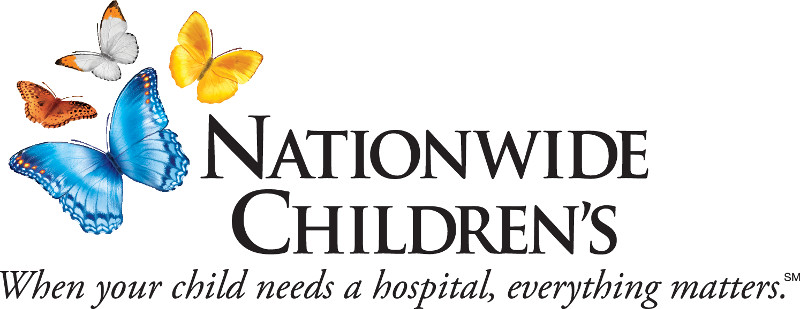Newswise — (COLUMBUS, Ohio) – In a landmark moment for the Abigail Wexner Research Institute at Nationwide Children’s, a 5-year-old from Bellefontaine, Ohio, received the first dose of a recently approved gene therapy for Duchenne muscular dystrophy at Nationwide Children’s Hospital, where the therapy was invented and initially tested. The therapy, developed, tested and patented at Nationwide Children’s marks an extraordinary achievement in the field of neuromuscular medicine and provides a life-altering treatment for children with Duchenne muscular dystrophy. This is the second gene therapy developed at Nationwide Children’s to receive FDA approval, two of only eight to have received FDA approval to date.
Five-year-old Gideon Griffiths received the first infusion of ELEVIDYS (SRP-9001) at Nationwide Children’s. Gideon was diagnosed with Duchenne muscular dystrophy (DMD) at birth. He is among the first group of patients across the country to receive the gene therapy since its accelerated approval by the U.S. Food and Drug Administration (FDA) in June. Nationwide Children’s has invented two of the first eight gene therapies approved by the FDA.
“This is a meaningful day not only for these first families, but for families battling DMD everywhere,” said Jerry Mendell, MD, principal investigator in the Center for Gene Therapy at the Abigail Wexner Research Institute, and co-inventor of ELEVIDYS. “It is thrilling to arrive at this moment of getting treatment to a patient population that has waited so long for more hope.”
Duchenne muscular dystrophy is a severe form of muscular dystrophy caused by a mutation in the DMD gene, resulting in a lack of the dystrophin protein, leading to muscle weakness and atrophy. Muscle weakness may affect the skeletal muscle and the heart muscle. As an X-linked condition, DMD typically affects boys and is progressive; over time, children with DMD develop problems with walking, breathing and heart function.
SRP-9001 is a novel DMD gene-replacement therapy co-developed by Dr. Mendell and Louise Rodino-Klapac, PhD, formerly at Nationwide Children’s and currently the executive vice president, head of Research and Development, and chief scientific officer at Sarepta Therapeutics. This gene therapy program was licensed by Sarepta in 2018. The therapy, an intravenous infusion of ELEVIDYS, packages a micro-dystrophin gene into an adeno-associated virus serotype (AAVrh74, which was isolated at Nationwide Children’s) to deliver missing or corrected genes to cells.
“It’s lifechanging to be able to experience this, to be able to give Gideon a better quality of life,” said Erin Griffiths, Gideon’s mother. “We feel hopeful and thankful, and we’re excited to watch our little boy run around, play and just be a boy.”
Resources:
- Watch Gideon’s story: first Nationwide Children’s patient with DMD to receive ELEVIDYS since FDA approval.
- Get information for DMD patients from Sarepta.
About The Abigail Wexner Research Institute at Nationwide Children's Hospital Named to the Top 10 Honor Roll on U.S. News & World Report’s 2023-24 list of “Best Children’s Hospitals,” Nationwide Children’s Hospital is one of America’s largest not-for-profit free-standing pediatric health care systems providing unique expertise in pediatric population health, behavioral health, genomics and health equity as the next frontiers in pediatric medicine, leading to best outcomes for the health of the whole child. Integrated clinical and research programs are part of what allows Nationwide Children’s to advance its unique model of care. As home to the Department of Pediatrics of The Ohio State University College of Medicine, Nationwide Children’s faculty train the next generation of pediatricians, scientists and pediatric specialists. The Abigail Wexner Research Institute at Nationwide Children’s Hospital is one of the Top 10 National Institutes of Health-funded free-standing pediatric research facilities in the U.S., supporting basic, clinical, translational, behavioral and population health research. The AWRI is comprised of multidisciplinary Centers of Emphasis paired with advanced infrastructure supporting capabilities such as technology commercialization for discoveries; gene- and cell-based therapies; and genome sequencing and analysis. More information is available at NationwideChildrens.org/Research

